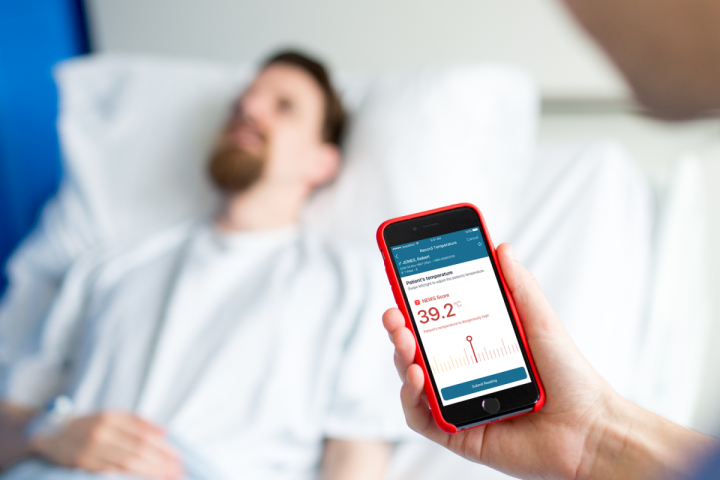
Starting this month, doctors and nurses at Musgrove Park will get DeepMind’s Streams app for iPhone, which helps spot early signs of acute kidney injury. DeepMind stresses that it is intended to aid, not replace, practitioners — the app will allow clinical staff to view “results of X-rays, scans or blood tests, in one place at the touch of a button.”
“This is all about early detection of seriously unwell patients so that we can immediately escalate care, ensure a very rapid response, and make sure they are treated quickly by the right specialist doctor,” Luke Gompels, a consultant in medicine at Musgrove Park Hospital, told the BBC. “In this way, we can make more of a difference, more quickly.”
The Musgrove Park announcement follows a controversial Streams rollout last year. DeepMind’s contract with London-based Royal Free Trust hospitals, which has since been replaced, gave it access to 1.6 million patient records ahead of the Stream app’s rollout. The U.K.’s National Data Guardian, a watchdog bureau, is investigating whether the company’s use of the data fell outside the boundary of its first agreement.
DeepMind has not ruled out the possibility that Streams could be used in the future to detect other health conditions but told the BBC that it will hold workshops and open day events with staff and the public to demonstrate how the app works.
The Streams expansion dovetails with DeepMind Health, the company’s umbrella effort to improve the quality of care with artificial intelligence. Last year, it acquired Hark, a task management app optimized for hospital environments that was co-developed by students from Imperial College London and the National Institute for Health Research. It proved successful in early trials: During a test at St. Mary’s Hospital in London, clinicians who switched to Hark responded 37 percent faster than with the hospital’s pager system.
“Ultimately, the aim is to give nurses and doctors more time to focus on what’s most important,” DeepMind said in a statement. “From identifying challenges, to co-designing solutions, to oversight and governance, nurses and doctors will lead us every step of the way.”
Google acquired DeepMind for $500 million in 2014. Since then, the AI outfit has built systems that optimize data center power draw, teach themselves to play 49 different Atari 2600 video games, and more.


